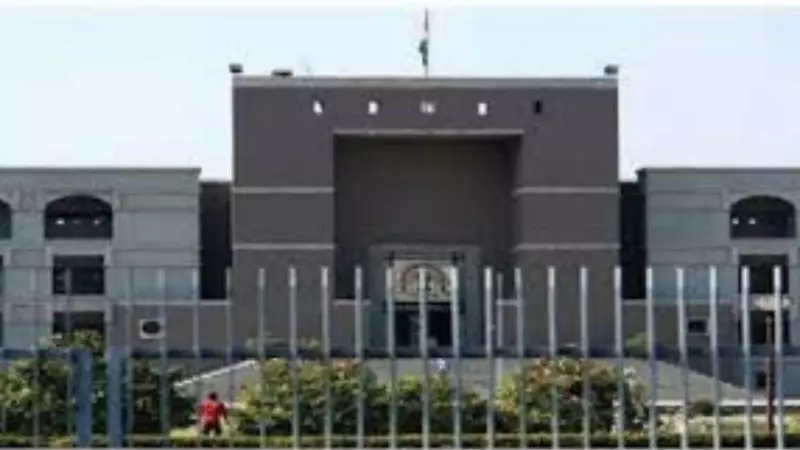
The Gujarat High Court has raised serious questions about the state government's much-touted Public-Private Partnership (PPP) model for eliminating manual scavenging, demanding concrete evidence of its actual implementation and effectiveness.
Court Seeks Transparency in Anti-Scavenging Efforts
During a recent hearing, the division bench of Chief Justice Sunita Agarwal and Justice Aniruddha Mayee expressed skepticism about whether the PPP approach is genuinely working on the ground. The court has directed the government to provide comprehensive details about how this model functions in practice.
What the Government Claims vs. Reality
The state government presented the PPP model as its primary strategy to eradicate manual scavenging, emphasizing partnerships with private entities for mechanized cleaning solutions. However, the court noted that mere paperwork and policy declarations aren't enough – tangible results matter.
"We want to know whether this is only on paper or whether it is being implemented," the bench remarked, highlighting the gap between policy announcements and ground reality.
Detailed Reporting Required
The High Court has asked the government to submit:
- Complete documentation of the PPP model's framework
- Evidence of actual implementation across municipalities
- Data on mechanized equipment deployment
- Records of training provided to sanitation workers
- Details of alternative employment opportunities created
Ongoing Legal Battle Against Manual Scavenging
This hearing is part of a larger public interest litigation (PIL) filed by NGO Manav Garima, which has been fighting for the rights of sanitation workers and the complete eradication of manual scavenging practices. Despite laws banning manual scavenging, the practice continues in various forms across the state.
The court has scheduled the next hearing for December 7, giving the government time to compile the required information and demonstrate the PPP model's actual impact.
National Implications
The Gujarat case has significant implications for similar initiatives across India, as many states have adopted PPP models for urban sanitation services. The court's scrutiny could set important precedents for accountability and implementation standards nationwide.
The outcome of this case could determine whether Public-Private Partnerships are truly the solution to ending this dehumanizing practice or merely another bureaucratic exercise.





